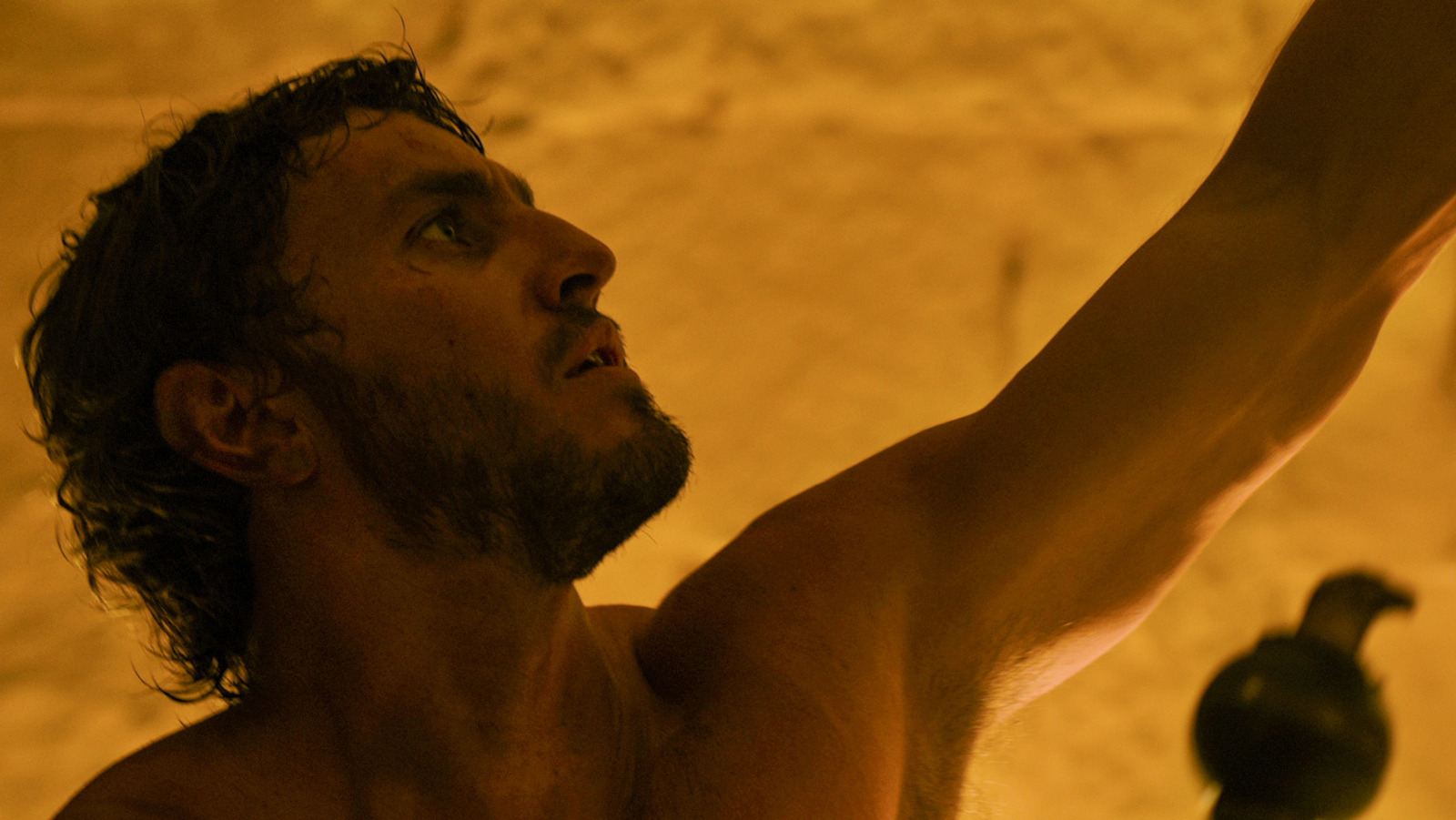
Gladiator II Finale Analyzed: Reflections of Eternity
As “Gladiator II” continues to resonate with audiences, many are left pondering its themes of empire, dreams, and the weight of legacy. The film, produced in a vastly different world than its 2000 predecessor, poses significant questions about the cyclical nature of history and the potential for meaningful change.
The storyline cleverly reintroduces Maximus Decimus Meridius’s lineage through his son, Lucius, portrayed by Paul Mescal. Lucius’s journey mirrors that of his father: from prisoner of war to gladiator, he ultimately confronts the corrupt forces of Rome. This sequel embraces the essence of the original, highlighting the struggle against oppression yet infusing it with new stakes rooted in familial ties.
Fast forward seventeen years from the events of the first film, the once-idealized vision of Rome has crumbled. Under the tyrannical rule of Emperors Geta and Caracalla, the empire has become a relentless machine of conquest, with little regard for governance or justice. Lucius’s homeland of Numidia falls victim to this imperial ambition, leading to personal tragedy as his wife is slain in battle. His initial desire for revenge on General Marcus Acacius, who orchestrates his capture as a gladiator, sets the stage for his transformation.
However, Lucius’s path takes unforeseen turns. The discovery of his true parentage – the son of Maximus and Lucilla – heavily influences his internal conflict. The film captures Lucius grappling with anger and loss before gradually awakening to a higher purpose. He begins to comprehend the broader implications of his choices, especially after witnessing the brutal fate of Acacius, whose plight reveals the complexities of loyalty and empire.
As tensions escalated outside the gates of Rome, Lucius’s journey culminates in a decisive showdown with Macrinus. Rather than indulging in revenge, he delivers a sweeping oration invoking the “dream of Rome,” echoing the ideals of his grandfather, Marcus Aurelius. This pivotal moment serves as a catalyst for reconciliation among conflicting factions, transforming a potential catastrophe into a unified call for change.
In a poignant finale, Lucius returns to the empty coliseum, evoking the spirits of his parents and reaffirming his commitment to a better future. The film artfully intertwines personal and civic duty as Lucius contemplates the legacy he inherits. The vision of his father sifting through wheat leaves viewers pondering the echoes of our actions.
While “Gladiator II” concludes on a victorious note with the fall of its antagonists and the promise of redemption, there remains an air of uncertainty. Lucius’s newfound purpose raises the question of whether history is repeating itself or if a genuine transformation is within reach. Director Ridley Scott navigates the terrain of fate and possibility, encouraging audiences to reflect on their roles in shaping society.
Whether this film leads to further exploration of Lucius’s reign or stands alone, it leaves us confronting our own societal challenges. As we face our contemporary crossroads, the narrative reminds us that the legacies we forge will continue to resonate through time, urging us to embrace compassion and honor in our pursuits. The echoes of our actions, just like those of Lucius, will define the future we create.



